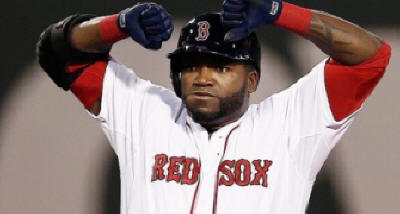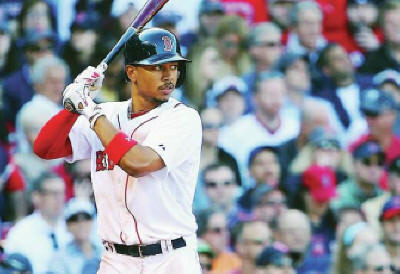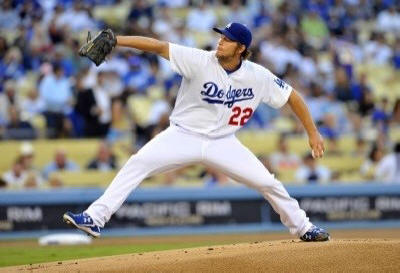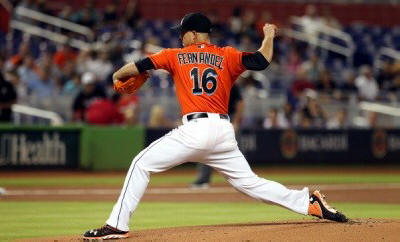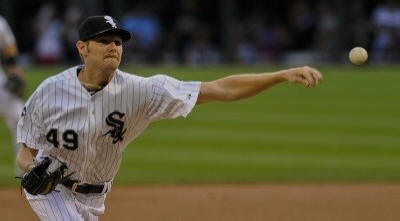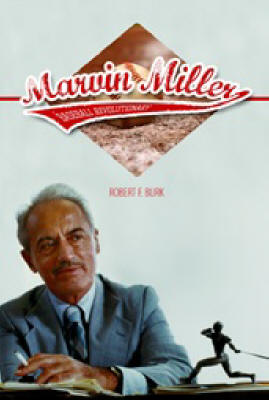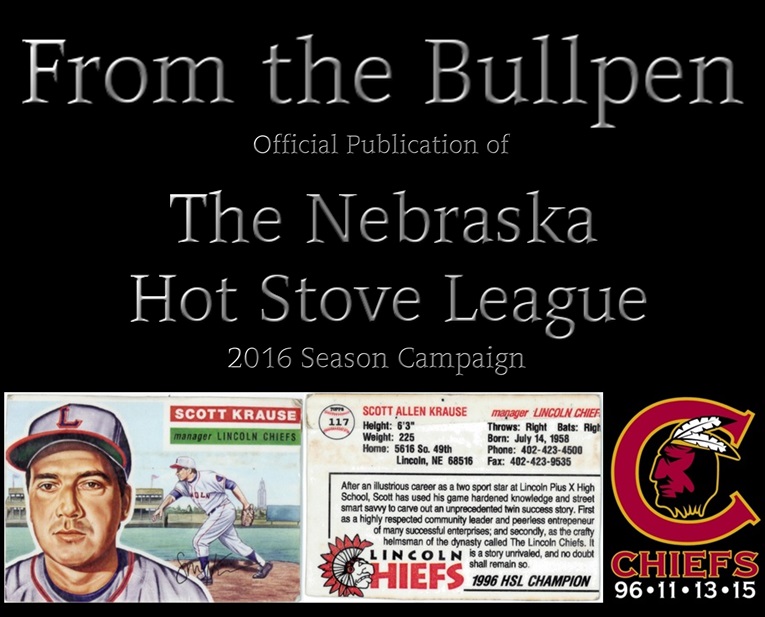 |
|||||||||||||||||||||||||||||||||||||||||||||||||||||||||||||||||||||||||||||||||||||||||||||||||||||||||||||||||||||||||||||||||||||||||||||||||||||||||||||||||||||||||||||||||||||||||||||||||||||||||||||||||||||||||||||||||||||||||||||||||||||||||||||||||||||||||||||||||||||||||||||||||||||||||||||||||||||||||||||||||||||||||||||||||||||||||||||||||||||||||||||||||||||||||||||||||||||||||||||||||||||||||||||||
|
|
|||||||||||||||||||||||||||||||||||||||||||||||||||||||||||||||||||||||||||||||||||||||||||||||||||||||||||||||||||||||||||||||||||||||||||||||||||||||||||||||||||||||||||||||||||||||||||||||||||||||||||||||||||||||||||||||||||||||||||||||||||||||||||||||||||||||||||||||||||||||||||||||||||||||||||||||||||||||||||||||||||||||||||||||||||||||||||||||||||||||||||||||||||||||||||||||||||||||||||||||||||||||||||||||
| 2016 Season | Edition No. 14 | June 8, 2016 | |||||||||||||||||||||||||||||||||||||||||||||||||||||||||||||||||||||||||||||||||||||||||||||||||||||||||||||||||||||||||||||||||||||||||||||||||||||||||||||||||||||||||||||||||||||||||||||||||||||||||||||||||||||||||||||||||||||||||||||||||||||||||||||||||||||||||||||||||||||||||||||||||||||||||||||||||||||||||||||||||||||||||||||||||||||||||||||||||||||||||||||||||||||||||||||||||||||||||||||||||||||||||||||
|
Gentlemen:
CUBS AND WAHOOS DOMINATE FIELD; TIGERS CLAW WAY INTO 3RD; CHIEFS SOBER UP ENOUGH TO LEAD PACK WITH 650.7 POINTS, ADVANCE TO 10TH PLACE; REDBIRDS AND TRIBE TRAIL FIELD
STANDINGS THROUGH SUNDAY, JUNE 5, 2016
POINT TOTALS FOR WEEK 9
TOP 25 HITTERS
TOP 25 PITCHERS
SKIP’S BLIPS
WHO’S HOT – HITTERS
WHO’S HOT – PITCHERS
WHO’S NOT – PITCHERS
WHO’S NOT – HITTERS
TEXAS LEAGUERS
* With the Seager brothers both making the “Who’s Hot” list for this week, I am wondering if we have ever before had two brothers make a Hot Stove League “Leaders” list. Perhaps the Boone brothers, when they were in their PED-gulping prime? Are there any others that come to mind, fellas?
* There are a number of hitters on the Top 25 list that none of us could have predicted prior to the start of the season, including Jackie Bradley, Jr., Dexter Fowler, Trevor Story, Grégory Polanco, Mark Trumbo and Daniel Murphy. However, the biggest surprise to me is Mookie Betts, whom I have always thought of as a one-trick pony who was playing in the Majors primarily because of his speed and defense. If he keeps up his current pace, he will definitely move way, way up in the Draft order next season.
* Regarding the Top 25 Pitcher list, the biggest surprise is the aforementioned Aaron Nola, at No. 9 with 278 points, but Steven Wright at No. 18 with 246 points, José Quintana at No. 19 with 245 points, and Drew Pomeranz (who is this, anyway? Sounds like the deep-throated singer from ShaNaNa who sang “Blue Moon.”) of the Monarchs with 237 points.
* What the heck happened to James Shields? This former Royals golden boy who signed a lifetime contract with the Padres, and is pitching in a pitchers’ ballpark, got lit up to the tune of -25 points last week, and threatens to be a self-igniting inferno every time he takes the mound. It will be fascinating to see if he ever makes it to All-Star status again.
BOOK REPORT: Marvin Miller, Baseball Revolutionary
In the aftermath of my reading of the Curt Flood story (A Well-Paid Slave), I was compelled to follow up on what I learned about the baseball labor movement in that book by purchasing this recently-published book about Marvin Miller, the late leader of the Major League Baseball Players Association. Published in 2015 by the Board of Trustees of the University of Illinois, written by Robert F. Burk, an emeritus professor of history at someplace called Muskingum University, Marvin Miller is a thoroughly arid but nevertheless informative retelling of the epic labor movement championed by Miller.
As said on the book jacket:
“Marvin Miller should be in the Hall of Fame if the players have to break down the doors to get him in,” Hank Aaron said. Tom Seaver called Miller’s exclusion from the Hall “a national disgrace.” Joe Morgan said, “They should vote him in and then apologize for making him wait so long.”
When Miller became the Executive Director of the then-fledgling Major League Baseball Players Association (MLBPA) in 1966, he was just two days short of his 49th birthday, and a left-leaning social activist. At that time, of course, there was no such thing as free agency, and the draconian “reserve” clause was still keeping players at the heels of the owners’ boots. The major league minimum salary was $6,000, having risen by only $1,000 in the preceding two decades. Miller himself was later quoted as saying that the players seemed to him to be “the most exploited group of workers I had ever seen—more exploited than the grape pickers of Cesar Chavez.”
Slowly and methodically, the former research assistant for the United Steelworkers of America began laying the groundwork for an eventual sea change in labor relations between management and the union. Although Flood’s challenge of the reserve clause began the process, a much more impactful turn of events was Charles O. Finley’s foolish refusal to pay an insurance annuity payment owed to A’s hurler Catfish Hunter, leading arbitrator Peter Seitz to declare him to be a “free agent.” This happened in 1974, which led to Hunter signing a deal on December 31, 1974, with the New York Yankees (the highest bidder), a five-year deal worth $3.75 million, along with a $1 million signing bonus. This made Catfish the only major league player with a multi-year contract. Just think about that. I was a senior in high school at that time, and had no idea that baseball ownership had such a stranglehold on its players. However, in just five short years, 40% of major league players had multi-year contracts.
Another way of looking at it is that in 1976, the average major league salary was $50,000 per year. By 1977, the average major league salary had increased to $76,000 per year, and by 1979, it was more than $113,000, more than doubling since the time that free agency began in 1975. Within a few short years after that, major league baseball players became some of the wealthiest athletes and entertainers in all the world.
Because of author Robert Burk’s rather mundane writing style, and his tendency to get way too wrapped up in the details of management and labor negotiations and relations, Marvin Miller was a book that I found myself slogging through to finish, and even though the subject matter is fascinating, I cannot recommend it to my brethren. My assessment of Marvin Miller is that it is a good story, poorly told.
ANGELS IN THE OUTFIELD
Last week while on assignment in Southern California, I had a chance to watch the Angels against the Tigers at Angel Stadium, a game which featured 9 home runs, including blasts by Mike Trout and Miguel Cabrera. For a $12 ticket, I had my choice of seats in the outfield, and a large brew from a nearby vendor actually cost me more ($14) than my admission ducat.
It was a beautiful night for a game in Anaheim, but with the Angels safely in front (or so I thought) by the score of 9-2, I left the game early to make the drive back to my hotel, so I could finish my preparations for my deposition the following morning. Little did I know that Big Guy’s never-say-die Tigers would mount a furious comeback, putting the game into extra innings, only to be won by the Angels with a walk-off blast by C.J. Cron. Just one more reason to never leave the ballpark before the fat lady has sung.
THE TIGER’S TALE
Props to Big Guy for regaling us with The Tiger’s Tale, a thoroughly enjoyable guest article. Loved the reminder about the 2001 season, which resulted in the Senators’ third title after Possum’s panicky trade of Bonds (the year that he hit 73 home runs), Giambi and Vasquez for Randy Johnson, which may go down in HSL history as the most ill-conceived and one-sided trade of all time. After reading Big Guy’s comments about the 2001 finish in The Tiger’s Tale, I went back to the archives on-line and re-read the Bullpens from September 12, September 27, October 4 and October 15 of that season, which reminded me that the Senators finished on top that season primarily because of Possum’s unthinkable gaffe, but also because Phil Nevin hit 3 home runs for the Senators on the penultimate day of the season to personally add 55-1/2 points to the Senators’ total, more than the final margin of victory over the 2nd place Reds. A wonderful little junket down memory lane.
THIS WEEK’S PEREGRINATIONS
Gotta wrap up this issue of From the Bullpen, men. We’re packing up the Explorer and heading to Dyersville for an important date with destiny. More later on that.
Looking forward to Bender’s guest article next week. As you were.
Skipper
|
|||||||||||||||||||||||||||||||||||||||||||||||||||||||||||||||||||||||||||||||||||||||||||||||||||||||||||||||||||||||||||||||||||||||||||||||||||||||||||||||||||||||||||||||||||||||||||||||||||||||||||||||||||||||||||||||||||||||||||||||||||||||||||||||||||||||||||||||||||||||||||||||||||||||||||||||||||||||||||||||||||||||||||||||||||||||||||||||||||||||||||||||||||||||||||||||||||||||||||||||||||||||||||||||
